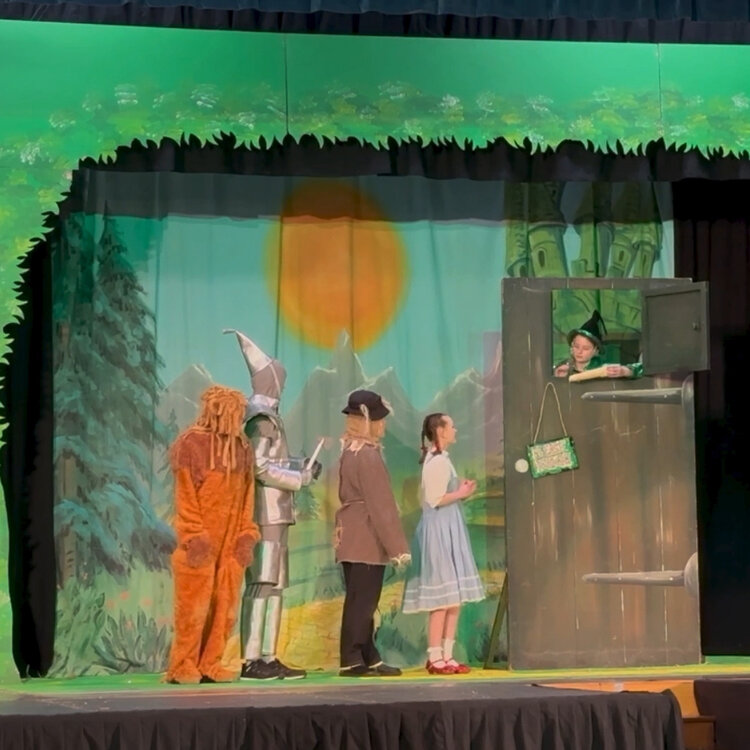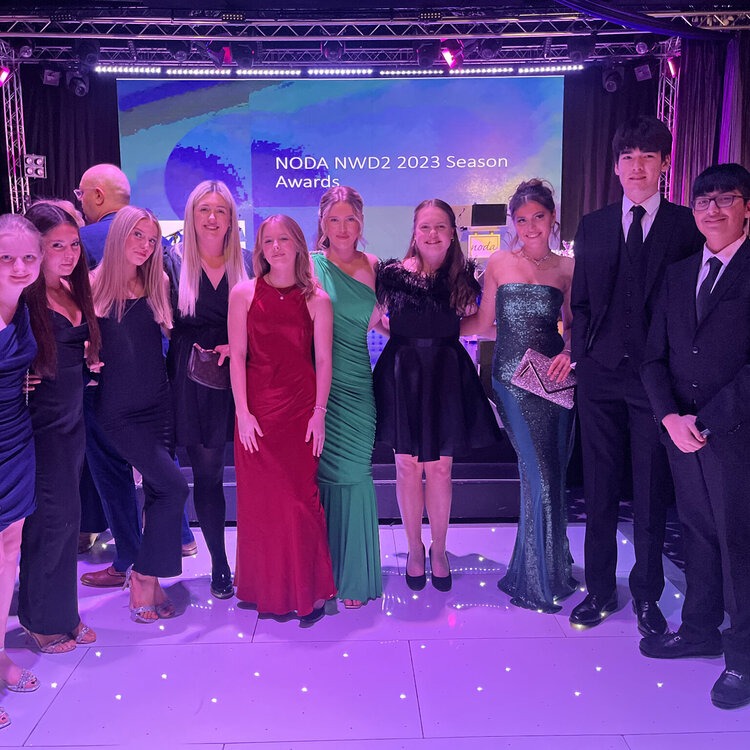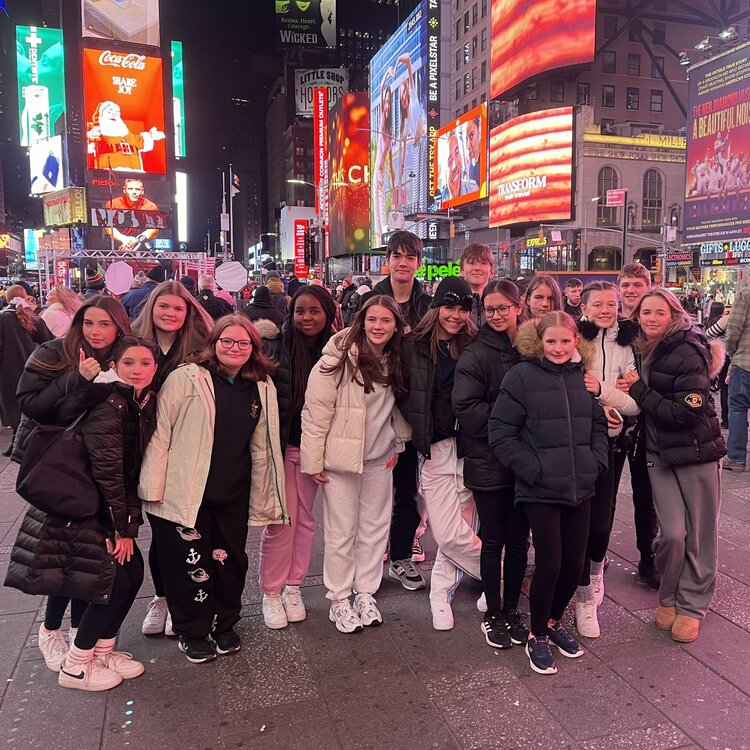 Drama
Drama
Introduction
Drama plays a vital role in a pupil's development into a confident and collaborative member of the community who can approach a range of situations with articulacy, empathy and self-discipline. The many and varied opportunities afforded within and beyond the Drama curriculum aim to develop these skills whilst also introduce students to performance skills from a range of companies and global cultures.
However, the rigorous academic demands of both the GCSE and A Level courses also enable pupils to advance their own critical awareness; practical problem-solving skills; appreciation of historical and social contexts; imagination; and specific technical and production methods.
Lower School
Pupils in the First, Second and Third Year follow a varied programme of exploring initially basic performance skills and production methods. Working with peers to communicate both original and scripted ideas to an audience forms the basis of the work, which develops to include more difficult themes and skills. The units include history of theatre, mask work, improvisation, physical theatre, naturalistic characterisation and practitioner exploration. Pupils will also develop their written skills which include describing the use of skills, self analysis and technical understanding.
Middle School
Drama
Board: AQA
60% Practical Coursework, 40% Written Examination
The GCSE is practically based, but also requires the academic study of set texts and technical elements. Pupils will complete three pieces of practical coursework (two scripted extracts and a group devised piece) and also take a 1 hour 45 minute examination at the end of the course. The course allows pupils to build on the knowledge introduced to them in the lower school by:
- developing both individual and group performance skills, requiring more control and technical consideration;
- understanding the role of an actor, director and designer in the realisation of a piece of theatre;
- the introduction of a more varied approach to the way that ideas and themes can be communicated to an audience and an evaluation of live theatre makers;
- independent devising of original dramatic material;
- consideration of how technical elements can enhance an audience's engagement and understanding.
Senior School
Drama and Theatre Studies
Board: AQA
Throughout the A Level course, pupils will broaden and deepen the knowledge, skill and understanding acquired from the GCSE. They will be able to make connections between different theatre practices and dramatic forms, and to comment analytically on their significance. They should be able to appreciate different styles of drama and approaches to theatre and apply these appropriately. At A Level, there is an increased demand on pupils to use their independent study time to carry out in-depth research and reflection on their work. Pupils will complete the study of five different texts, analyse at least one full production in detail and create a sophisticated original piece of work.
Co-Curricular
We aim to offer at least one theatre trip to each year group per academic year in order for them to enjoy a range of productions throughout the Lower School. Trips become more regular and compulsory during the study of the GCSE and A Level courses. We also regularly invite professional theatre companies to visit the school and lead workshops that are linked to the curriculum work.
There is a Junior Drama Club for pupils who are already interested in the subject to develop their skills further and be challenged by different scripted extracts, devising tasks and more difficult games!
The annual senior school production brings all pupils together to produce a show which is performed to parents, friends, family and the wider school community. Pupils are encouraged to get involved with everything from acting to providing the music, technical support, set design and being the backstage crew.
GCSE and A Level pupils will also have the opportunity to attend an annual residential trip. This is intended to focus on a specific culture or area of performance that will enhance and support curriculum work through professional workshops and excursions.
Related News

Watch Our Award Winning Wizard of Oz Here

NODA success for KGS Drama's The Wizard of Oz
